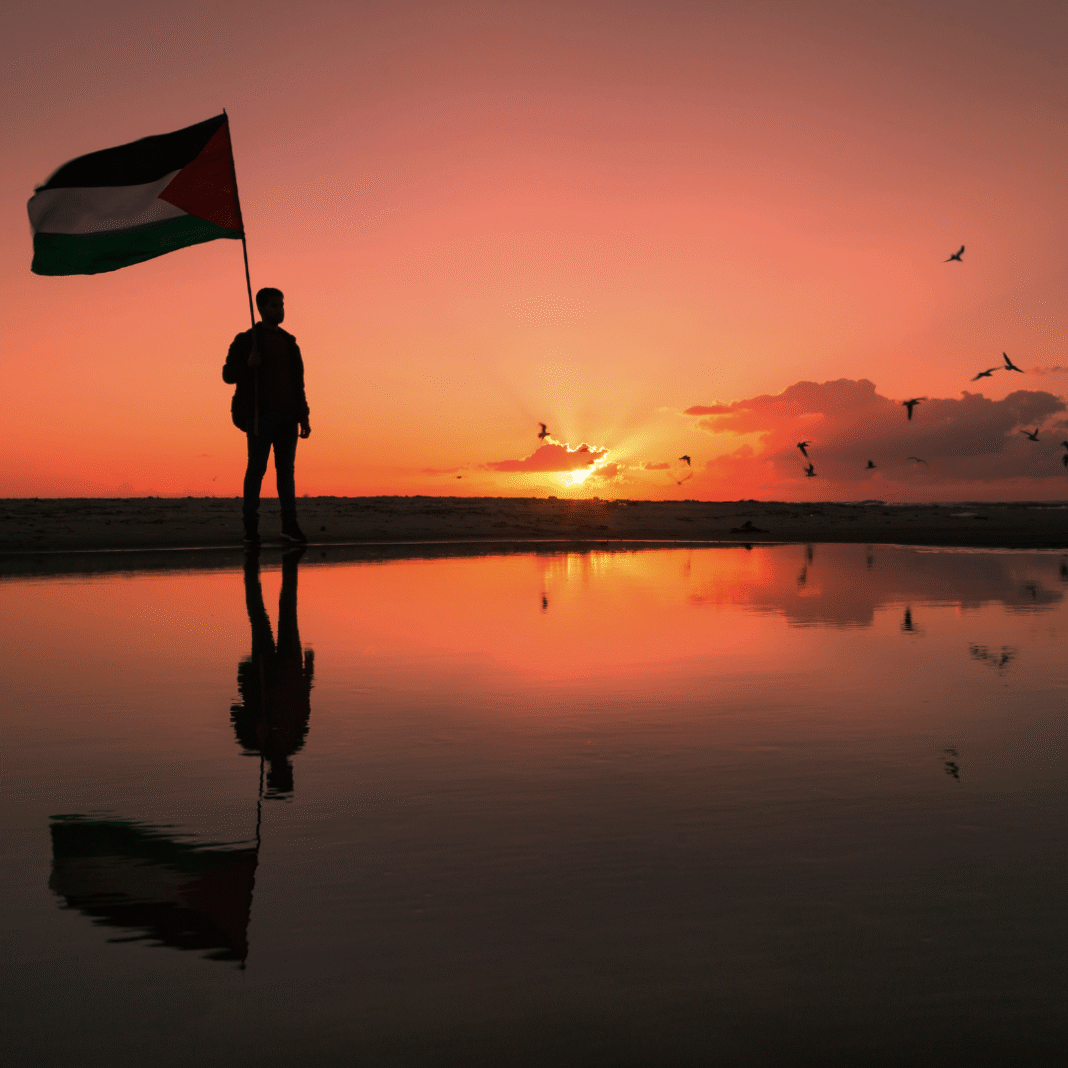Who Recognises the State of Palestine, Who Doesn’t, and Why It Matters
What does “recognition” mean?
When a country recognises another as a sovereign state, it means that entity meets certain criteria under international law (population, defined territory, government, ability to enter relations with others) and deserves full treatment as an independent state. Recognition can be bilateral, explicit or implicit. It is not automatic just because an entity declares statehood. While recognition does not change facts on the ground, it carries diplomatic, legal, symbolic, and moral weight.
Brief history
- The State of Palestine was proclaimed by the Palestine Liberation Organization (PLO) on 15 November 1988.
- Since then, a large number of countries have recognised it, often driven by regional politics and global events.
- Palestine also holds non-member observer state status in the United Nations since 2012.
Where things stand now (as of September 2025)
- Recognised by: At least 144-145 out of 193 UN member states.
- Recent recognitions: Several Western countries, including the UK, Canada, Australia, and Portugal, have formally recognised Palestine.
- Already supportive: Many Asian, African, Arab, and Latin American nations have long recognised Palestinian statehood.
- Not recognised by: Around 45-46 countries, including Israel, the United States, Japan, South Korea, Singapore, and some European states like Germany and Italy.
Recent shifts and what triggered them
- The war in Gaza since late 2023 has intensified global scrutiny and pushed many countries to reconsider their stance.
- The humanitarian crisis has made non-recognition harder to defend, especially for Western democracies.
- Diplomatic momentum is building, with more European countries expected to follow suit soon.
Why it matters
- International law & legitimacy
Broad recognition strengthens Palestine’s ability to claim rights under international law, access global institutions, and pursue cases in international courts. - Diplomacy & Negotiations
Recognition alters global diplomatic posture, pressuring Israel and its allies, while enabling Palestinians to negotiate on more equal terms. - Symbolic and moral impact
Recognition affirms Palestinian identity, dignity, and the global consensus for self-determination. - Political risks
Countries recognising Palestine may face backlash from Israel or allies, with implications for military, economic, or diplomatic ties.
Issues & complications
- Recognition does not resolve borders, governance, or occupation. The West Bank, Gaza, and East Jerusalem remain under divided and contested control.
- Some recognitions are conditional, tied to renouncing violence or committing to negotiations.
- Diplomatic relations vary — some recognisers establish full embassies, others offer limited engagement.
Pakistan’s perspective
- Pakistan has historically been among the strongest supporters of Palestinian statehood, consistently backing the right to self-determination.
- This position strengthens Pakistan’s standing within the Muslim world and at international forums like the UN.
- It also aligns with Pakistan’s broader foreign policy narrative of supporting oppressed peoples.
What’s next?
- More European countries are expected to join the recognition wave in the coming months.
- The number of recognitions could influence UN votes, cases at the International Criminal Court, and future peace processes.
- The real challenge lies in translating recognition into concrete progress — ceasefire, negotiations, aid, refugee rights, and eventual peace.
Verdict: Does recognition change much?
Yes — but it is only the first step. Recognition brings moral and diplomatic strength to Palestine, reshaping global narratives. However, without concrete political solutions, peace talks, and changes on the ground, recognition alone will not end the conflict.
Buzz Pakistan’s View
The recognition of Palestine by more countries is a welcome and overdue development. It signals that the world is no longer content with the status quo of occupation, humanitarian suffering, and stalled negotiations.
For Pakistan, this moment is a reaffirmation of our foreign policy principles and an opportunity to play a louder role in pushing for peace. But recognition must be followed by action — diplomatic, economic, and humanitarian — to create conditions where peace and justice can take root.



